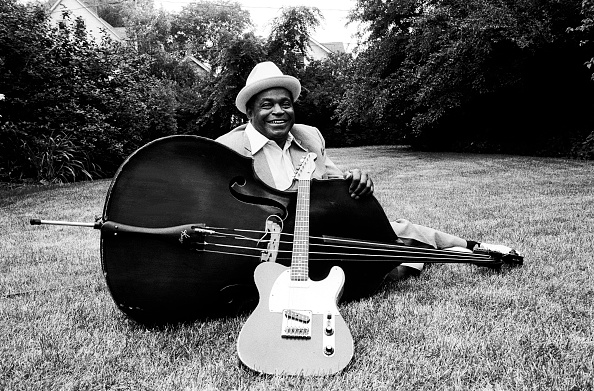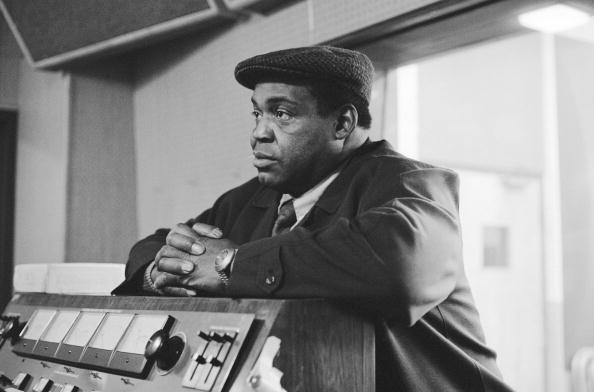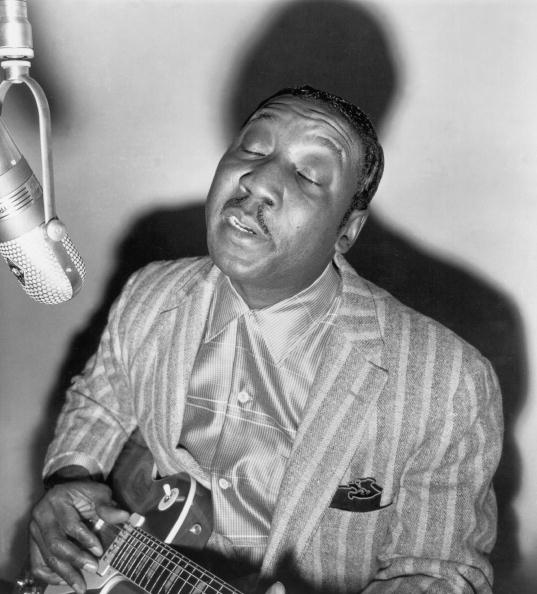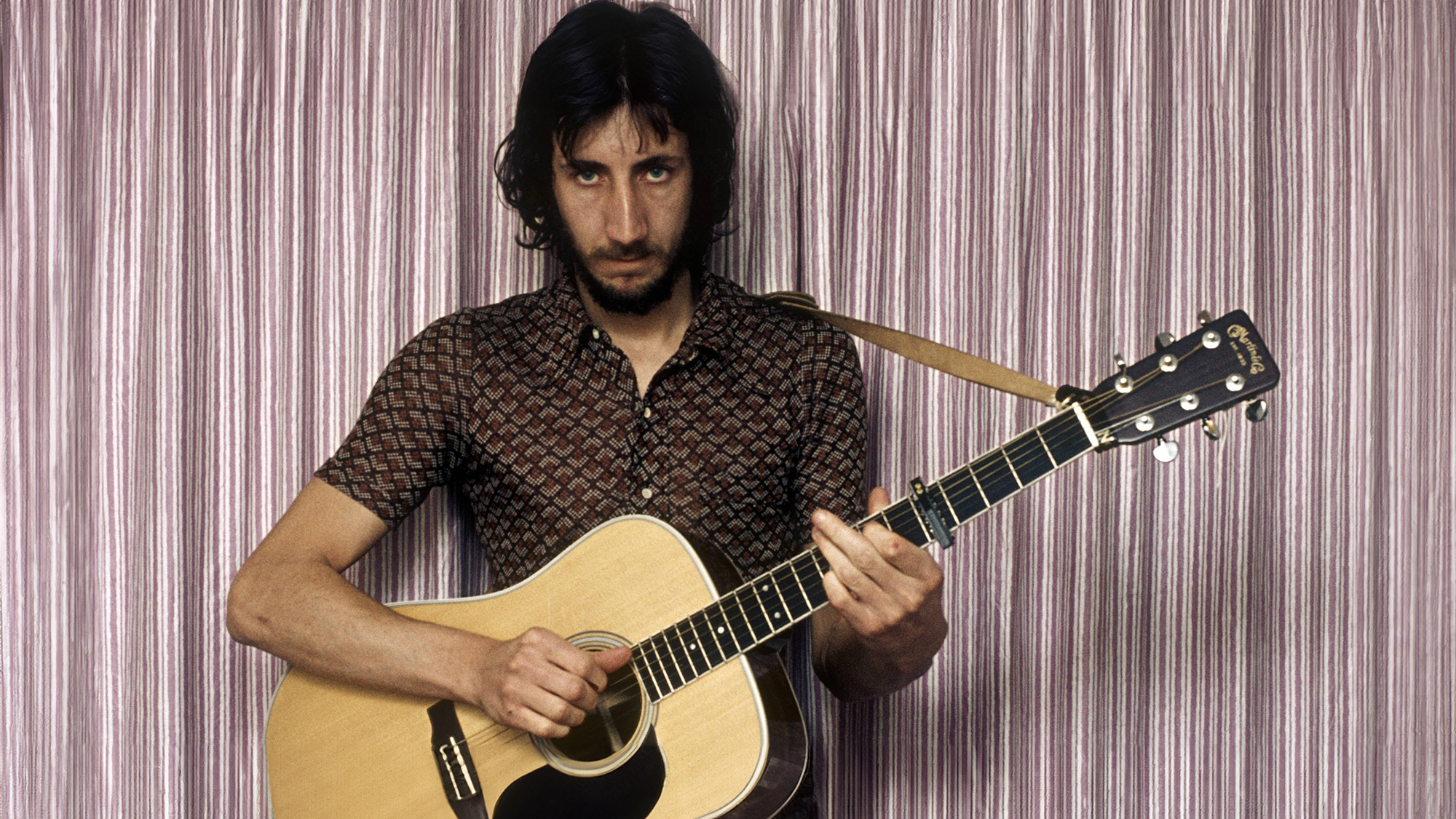Watch Chicago Blues Trailblazer Willie Dixon Nail His 1954 Blues Standard “Hoochie Coochie Man” Live
A Blackguard Esquire-toting Stephen Stills joins the Chess Records legend on stage.

Born in Mississippi on this day in 1915, Willie Dixon brought the spirit of Delta blues to Chicago while still in his teens. Following a brief career in heavyweight boxing Dixon entered the arena of music, eventually landing a deal with Chicago’s legendary Chess Records. Established in 1950, Chess quickly became the hub of the Chicago blues sound, and the original site is now home to Willie Dixon’s Blues Heaven Foundation.

Dixon penned the song originally known as “I'm Your Hoochie Cooche Man” for fellow Mississippian Muddy Waters. As a seasoned performer Dixon made his studio debut in the band playing upright bass and the 1954 single became Waters’ biggest hit. The record’s standout success reinforced Dixon's relationship with Chess Records who now viewed him as a force to be reckoned with.

Along with his contemporaries – including “Father of rock ‘n’ roll” Chuck Berry – Dixon played a pivotal role in defining the sound of Chicago blues while cementing the amped up foundations of rock ‘n’ roll firmly in place.
Buy Willie Dixon's classic album I Am The Blues here
All the latest guitar news, interviews, lessons, reviews, deals and more, direct to your inbox!
Guitar Player is the world’s most comprehensive, trusted and insightful guitar publication for passionate guitarists and active musicians of all ages. Guitar Player magazine is published 13 times a year in print and digital formats. The magazine was established in 1967 and is the world's oldest guitar magazine. When "Guitar Player Staff" is credited as the author, it's usually because more than one author on the team has created the story.
